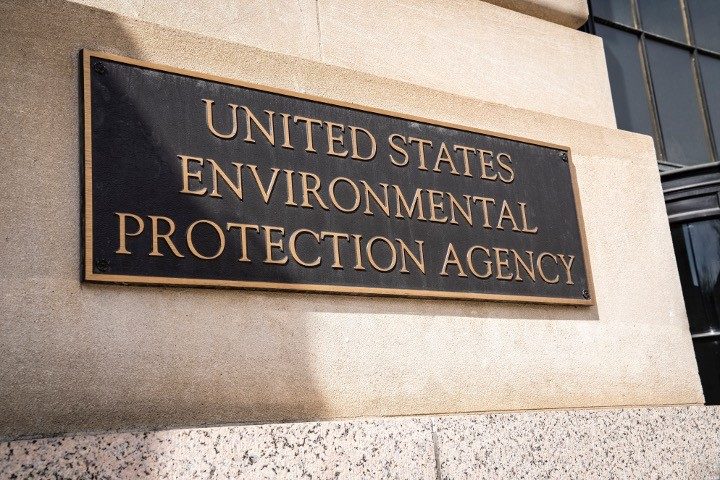
In a 6-3 decision today, the Supreme Court issued another landmark ruling and decided that the Environmental Protection Agency (EPA) does not have absolute authority to set rules on carbon emissions from existing power plants.
At issue in West Virginia v. Environmental Protection Agency was whether an unelected bureaucracy, the EPA, has the power to issue business-killing de-carbonizing regulations at its whim. The Court ruled today that the EPA overstepped its granted authority when it issued its “Clean Power Plan.”
In the majority opinion, Chief Justice John Roberts declared that in “certain extraordinary cases, both separation of powers principles and a practical understanding of legislative intent make us ‘reluctant to read into ambiguous statutory text’ the delegation claimed to be lurking there. Utility Air, 573 U. S., at 324. To convince us otherwise, something more than a merely plausible textual basis for the agency action is necessary. The agency instead must point to ‘clear congressional authorization’ for the power it claims.”
In her dissent, Justice Elena Kagan mourned the loss of the EPA’s authority: “Today, the Court strips the Environmental Protection Agency (EPA) of the power Congress gave it to respond to ‘the most pressing environmental challenge of our time.’ … It deprives EPA of the power needed—and the power granted—to curb the emission of greenhouse gases.”
The states of Alabama, Alaska, Arkansas, Georgia, Indiana, Kansas, Louisiana, Missouri, Montana, Nebraska, Ohio, Oklahoma, South Carolina, South Dakota, Texas, Utah, and Wyoming joined West Virginia in insisting that the EPA had overstepped its authority “by mandating standards impossible for coal and natural gas power plants to meet without limiting operations, shutting down, or subsidizing investment in alternate electricity generation that EPA preferred.”
The Biden administration has been expected, through the EPA, to issue sweeping “climate friendly” power plant rules as early as this summer that would seek to make the entire U.S. power grid run on so-called “clean energy” by 2035.
Should an alphabet agency like the EPA have the power to throw millions out of work to complete its vision of a “clean” power grid? The Supreme Court didn’t think so — and previous opinions made by this court should have been an omen that the Court negatively viewed Congress delegating authority to the federal bureaucracy.
When overturning the eviction moratorium issued in August of 2021 by the Centers for Disease Control and Prevention (CDC), the Court stated, “We expect Congress to speak clearly when authorizing an agency to exercise powers of vast economic and political significance.”
The decision obviously deals a large blow to the Biden administration’s climate change agenda, as it will not allow the EPA to simply create and enforce emissions regulations at its whim. But the decision could also have a wide-ranging effect on the ability of other alphabet agencies in the federal bureaucracy to create and enforce regulations that essentially have the power of law.
Climate realists lauded the decision: “The Supreme Court today brought to an end 24 years of scheming by the EPA to invent its own authority to regulate greenhouse gas emissions from coal plants. In our system of government, Congress makes the laws and the Executive branch implements it. But starting in the Clinton administration and culminating in the Obama administration, the EPA tried to circumvent Congress and become a lawmaking body itself,” wrote climate contrarian Steve Milloy.
“Today, SCOTUS re-established that government agencies are not lawmakers,” he added.
Climate hysterics, on the other hand, were inconsolable in grief.
“There may be no decision in recent memory that will do more to cripple the federal government’s ability to protect the health and safety of every American than the Supreme Court’s decision in West Virginia vs EPA, which represents judicial malpractice,” wrote New York Congressman Ritchie Torres. “The impact of this decision will extend far beyond the EPA, radically reducing the whole of modern government to a shell of its former self.”
Fingers crossed.
In a Supreme Court term that has already overturned the terrible Roe v. Wade decision, it’s incredible to think that the same Court’s decision in West Virginia v. EPA might have even more impact on the country as a whole. While overturning Roe will, hopefully, save a lot of babies, the opinion in West Virginia v. EPA could potentially be the starting point for taking back our government from the federal bureaucracy.




